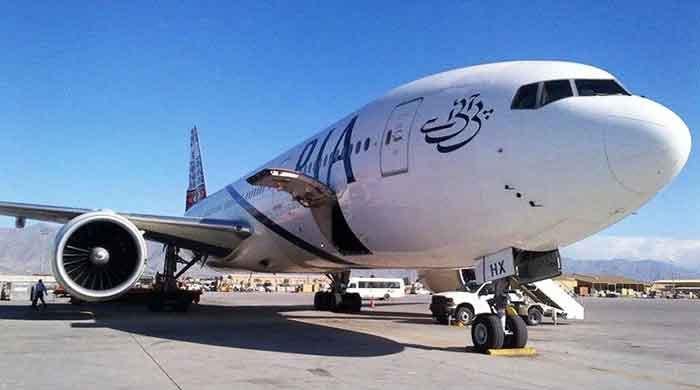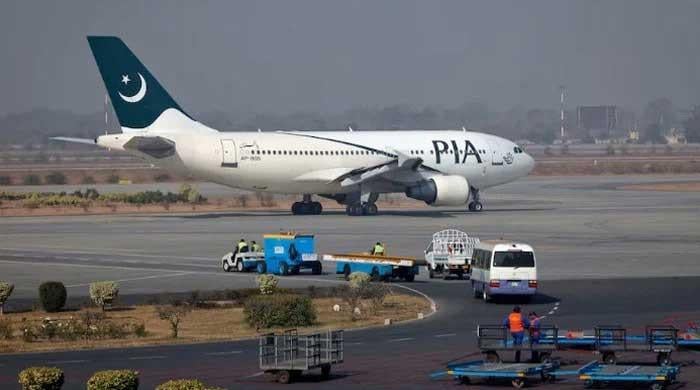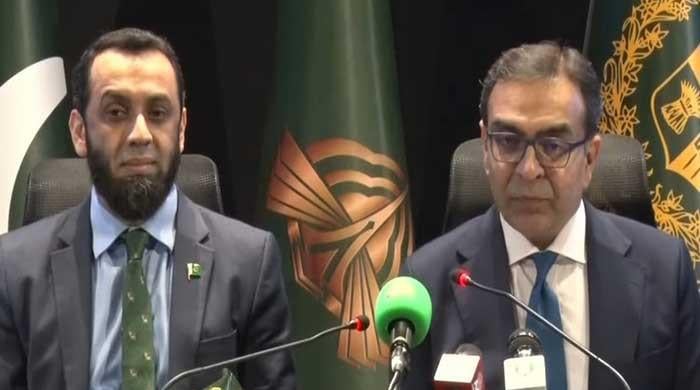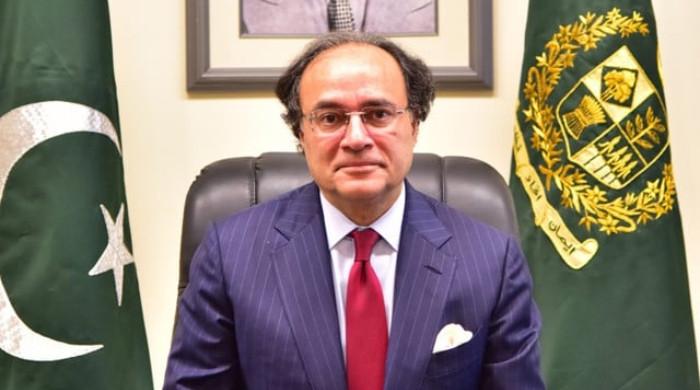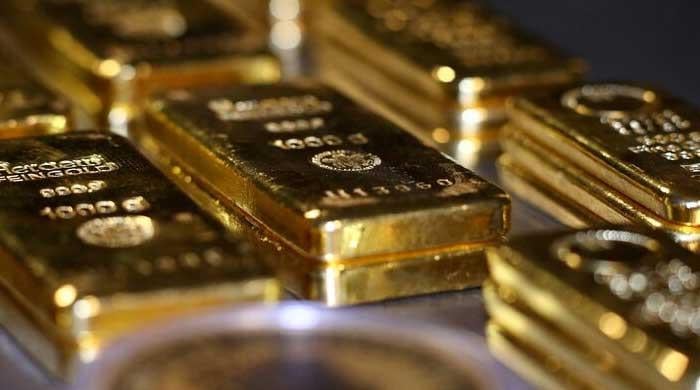Oil prices rise as President Trump flags deeper output cuts
US benchmark West Texas Intermediate rose nearly 2% to trade at $22.85, while international benchmark Brent crude climbed 1.5% to trade at $32.26
April 14, 2020
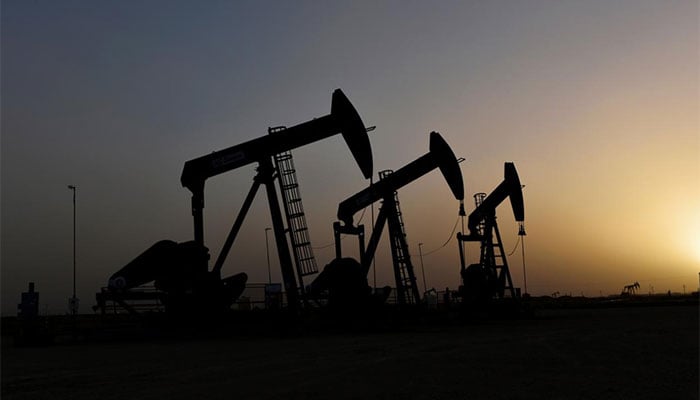
Oil prices rose Tuesday after US President Donald Trump said producers are considering cutting 20 million barrels per day — more than double the figure publicly announced — to help the virus-hit sector.
US benchmark West Texas Intermediate rose nearly 2% to trade at $22.85, while international benchmark Brent crude climbed 1.5% to trade at $32.26.
OPEC producers dominated by Saudi Arabia and allies led by Russia thrashed out a compromise deal on Sunday to cut production by nearly 10 million barrels per day from May.
The agreement was aimed at boosting prices after months of heavy falls, with the COVID-19 outbreak sapping demand as countries around the world have put their populations under lockdown.
A Saudi-Russian price war compounded the crisis, with both countries ramping up production as they bid to hold on to market share and undercut US shale producers.
Read also: Asian markets falter, oil rebounds on Saudi Arabia, Russia output deal
Prices fluctuated after the output cut was announced, however, with traders still nervous about a supply glut amid estimates that demand has plunged 25 million barrels per day.
Trump said Monday that the cuts may be deeper than the headline figure — with top producers considering slashing output by 20 million barrels a day under the deal.
"People are saying 10 million but we think the number they will actually hit is going to be closer to 20 million barrels a day," Trump said at a press briefing about the coronavirus, referring to how much oil production would be cut.
And he said such a deal could protect millions of US jobs.
"This historic action will help nearly 11 million American workers who are supported by the US oil and gas industry."
Trump had already tweeted about the deal earlier in the day.
"Thank you to all of those who worked with me on getting this very big business back on track, in particular Russia and Saudi Arabia," he wrote.
Read also: Oil prices soar after US, Saudi Arabia, Russia agree record output cut
The agreement between the Vienna-based Organisation of the Petroleum Exporting Countries and non-OPEC producers foresees deep output cuts in May and June followed by a gradual rise in production until April 2022.
But with demand down by about 25 million barrels per day and North American producers shutting down their rigs because they don't have space to store their crude, Dan Pickering, chief investment officer at Pickering Energy Partners, told AFP the deal's benefits are likely to be seen only later in the year.
"The reality is things are bad. They are going to stay bad for a couple of months," he said.
Not enough?
Trump cheered the agreement Monday, saying, "It's a very monumental agreement."
With countries putting their populations under lockdown, the coronavirus pandemic has caused an economic decline and a global demand slump that has sent oil prices to two-decade lows.
Meanwhile, Russia and Saudi Arabia ramped up output in a price war to hold on to market share and undercut US shale producers.
Calling Trump's goal "aspiration," analyst Andy Lipow said the market reaction to the OPEC+ deal has been "muted," as uncertainty remains over the degree to which producers will comply with the cuts.
"Lots of questions... remain, as far as compliance and ultimately how much oil is actually taken off the market," he said. "Any increase in prices over the next few months is going to encourage producers to keep on producing."
Read also: Oil prices fall as Saudi, Russia decide to cut ouput under US pressure
Storage tanks have also rapidly filled up, and Lipow said markets are watching major economies like China and India to see whether they will make more purchases for their national reserves to free up capacity.
Trump announced last month the US would buy "large quantities of crude oil" for storage in the Strategic Petroleum Reserve.
Producers have resigned themselves to tough times, with Russian Energy Minister Alexander Novak saying he did not expect oil markets to recover before "end of the year, in the best case," according to Russian news agency TASS.
Saudi Arabia's Energy Minister Prince Abdulaziz bin Salman suggested on Monday further cuts could come when OPEC meets in June.
"Flexibility and pragmatism will enable us to continue do more if we have to," he told Bloomberg. "We have to watch what's happening with demand destruction or demand improvement, depending on how things evolve."




